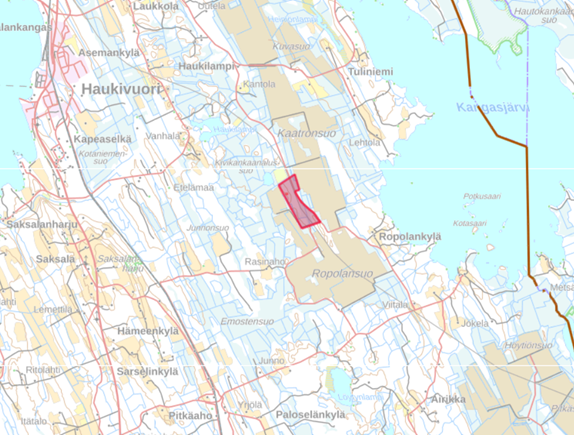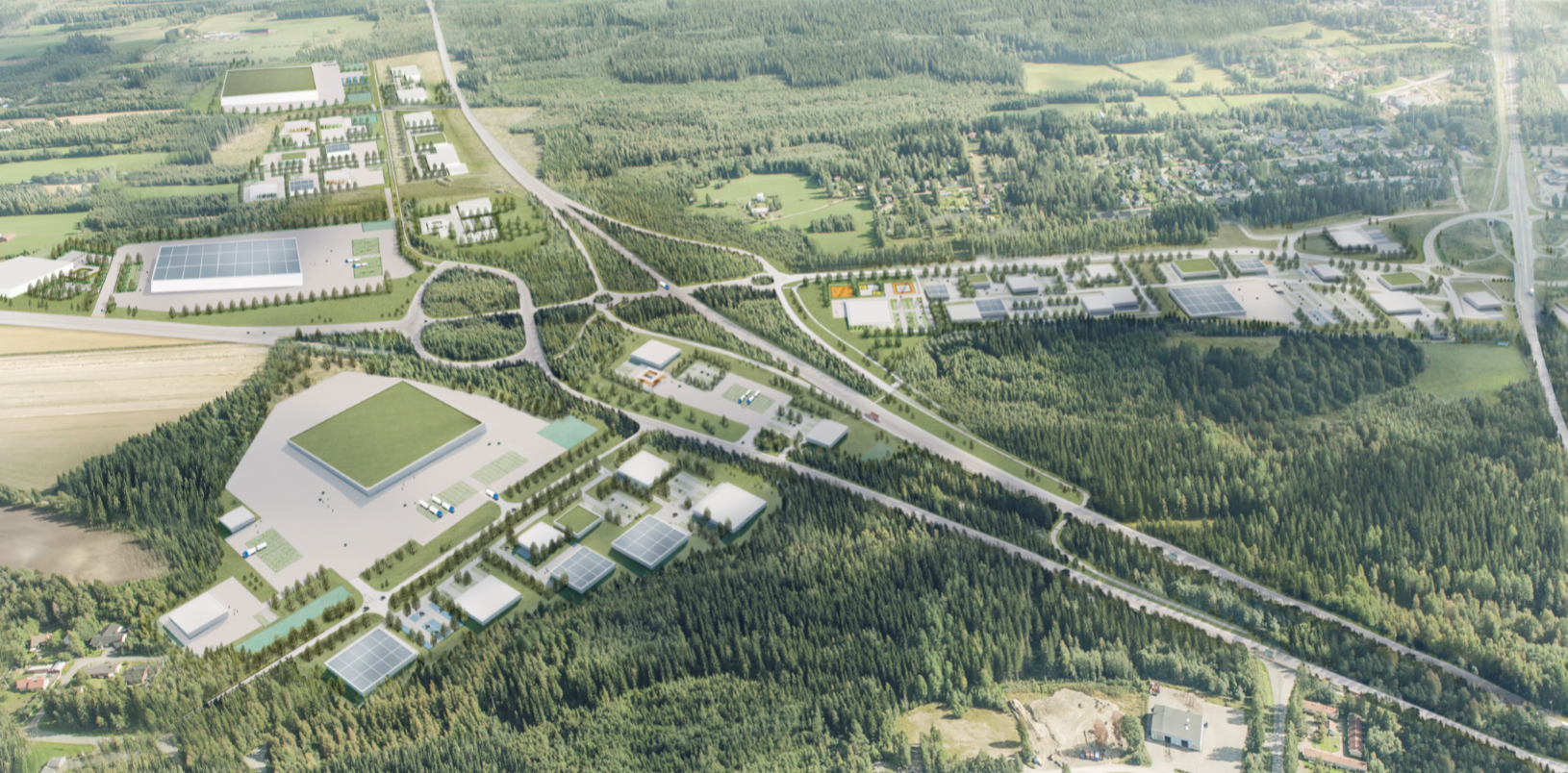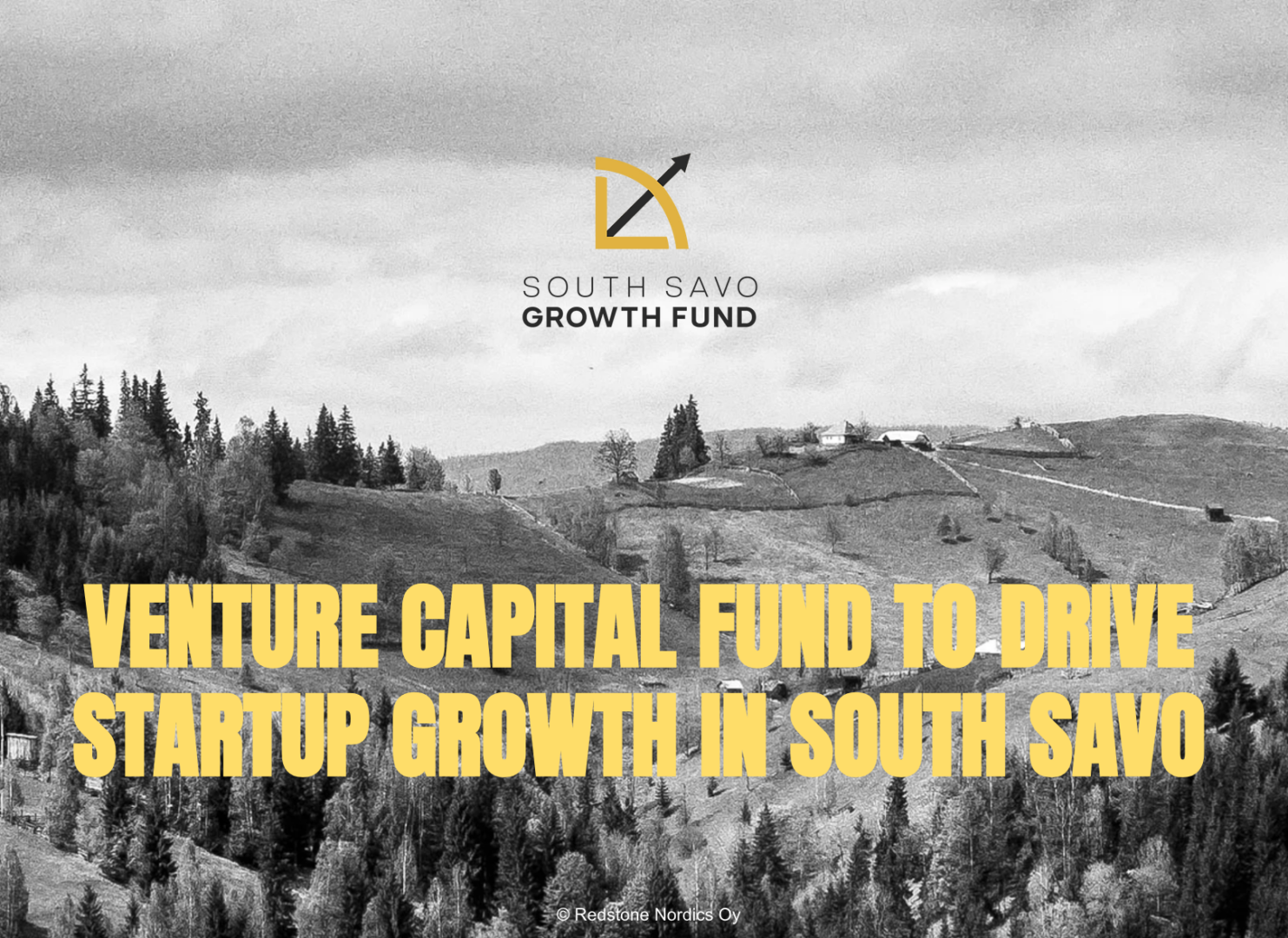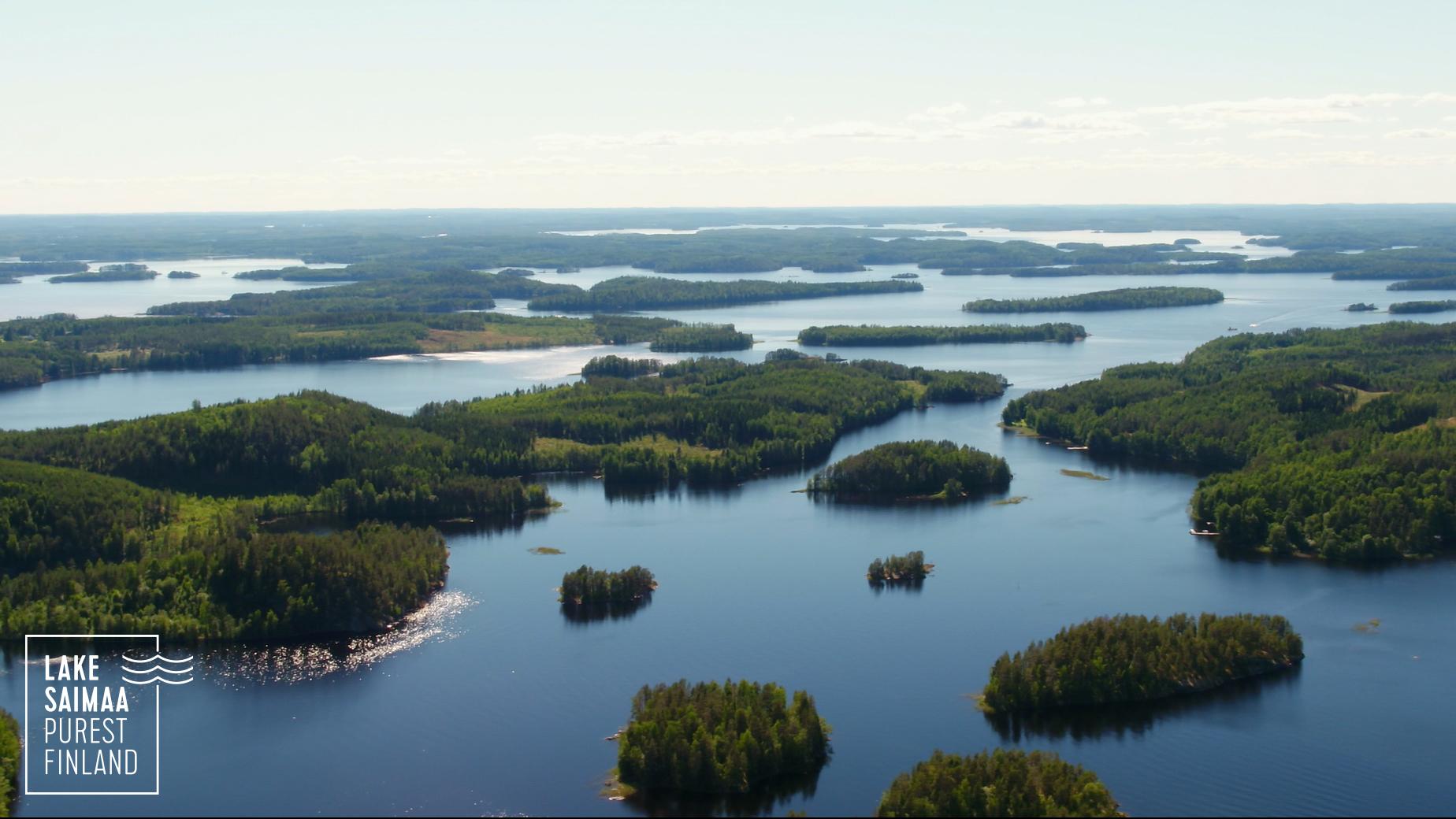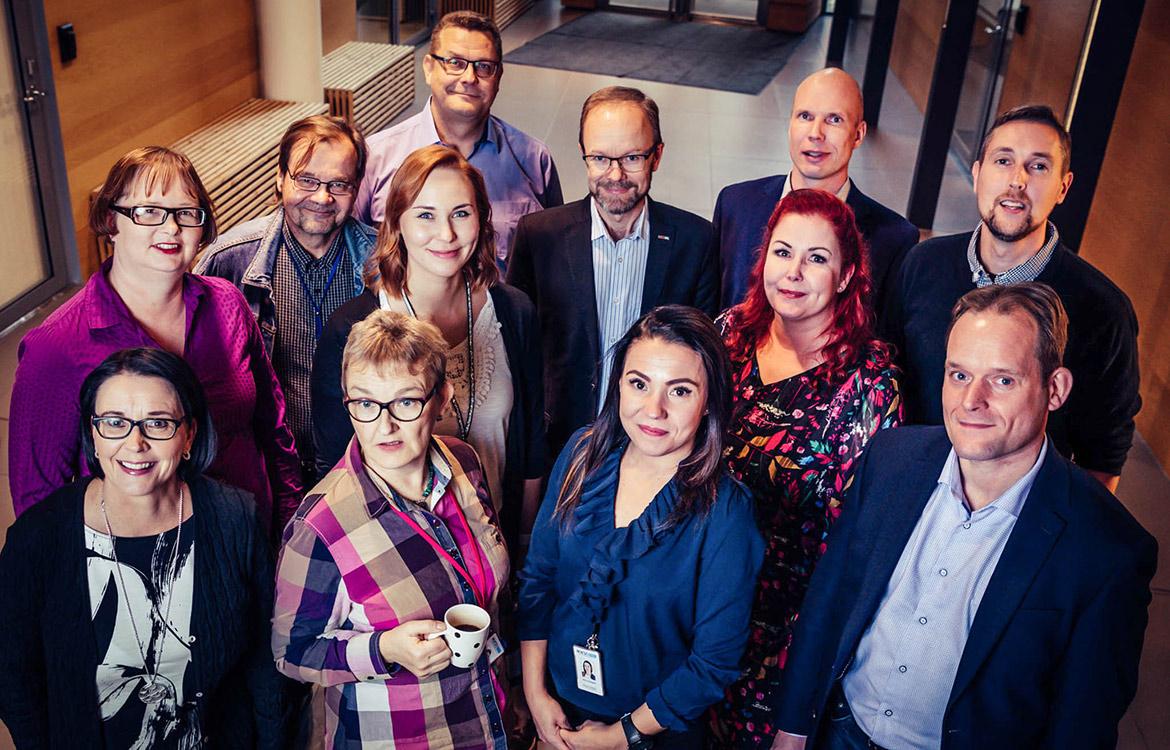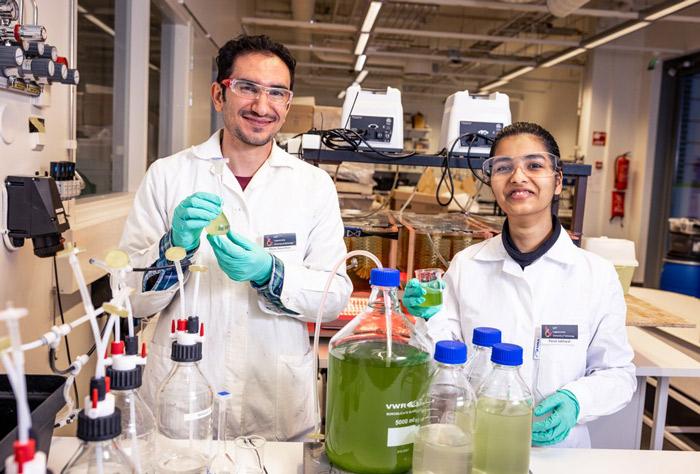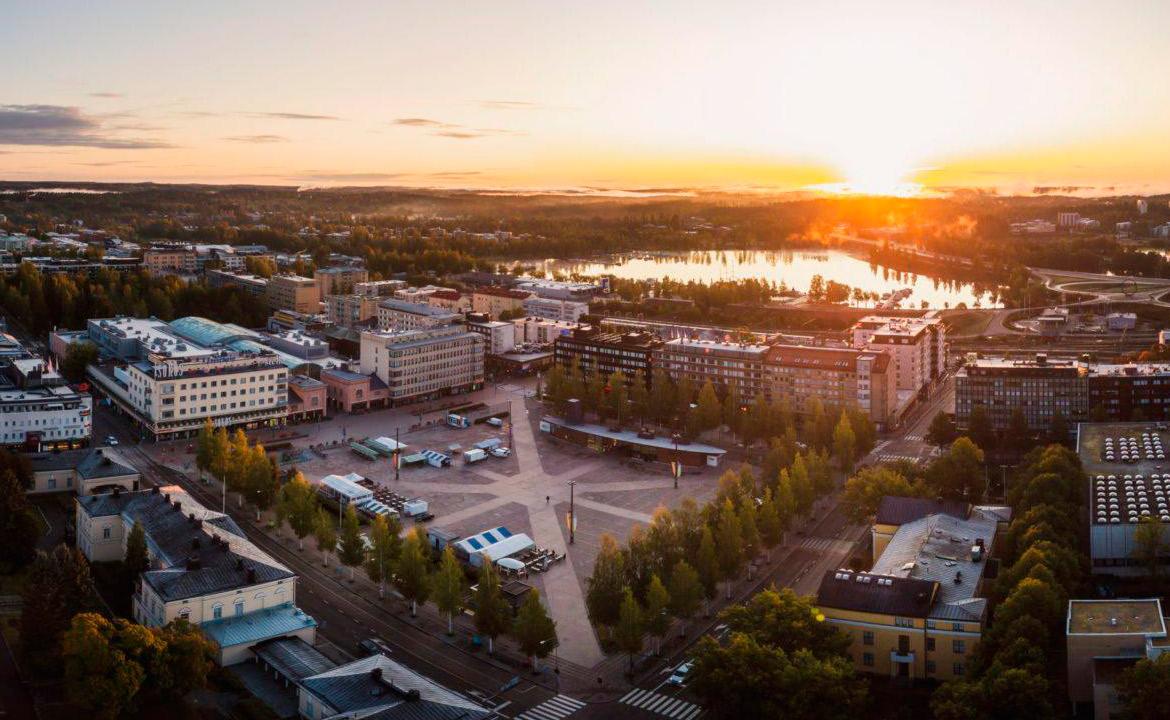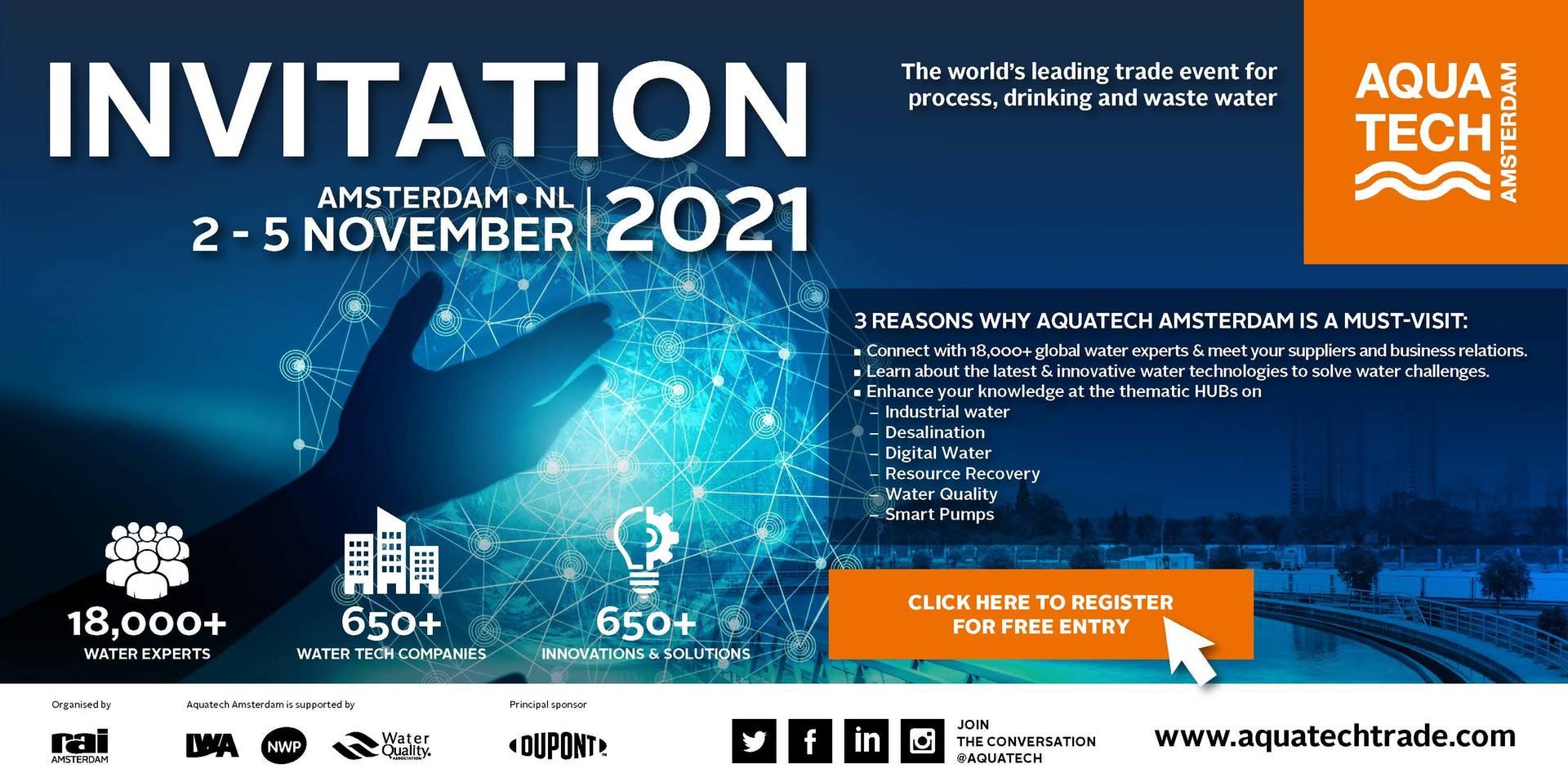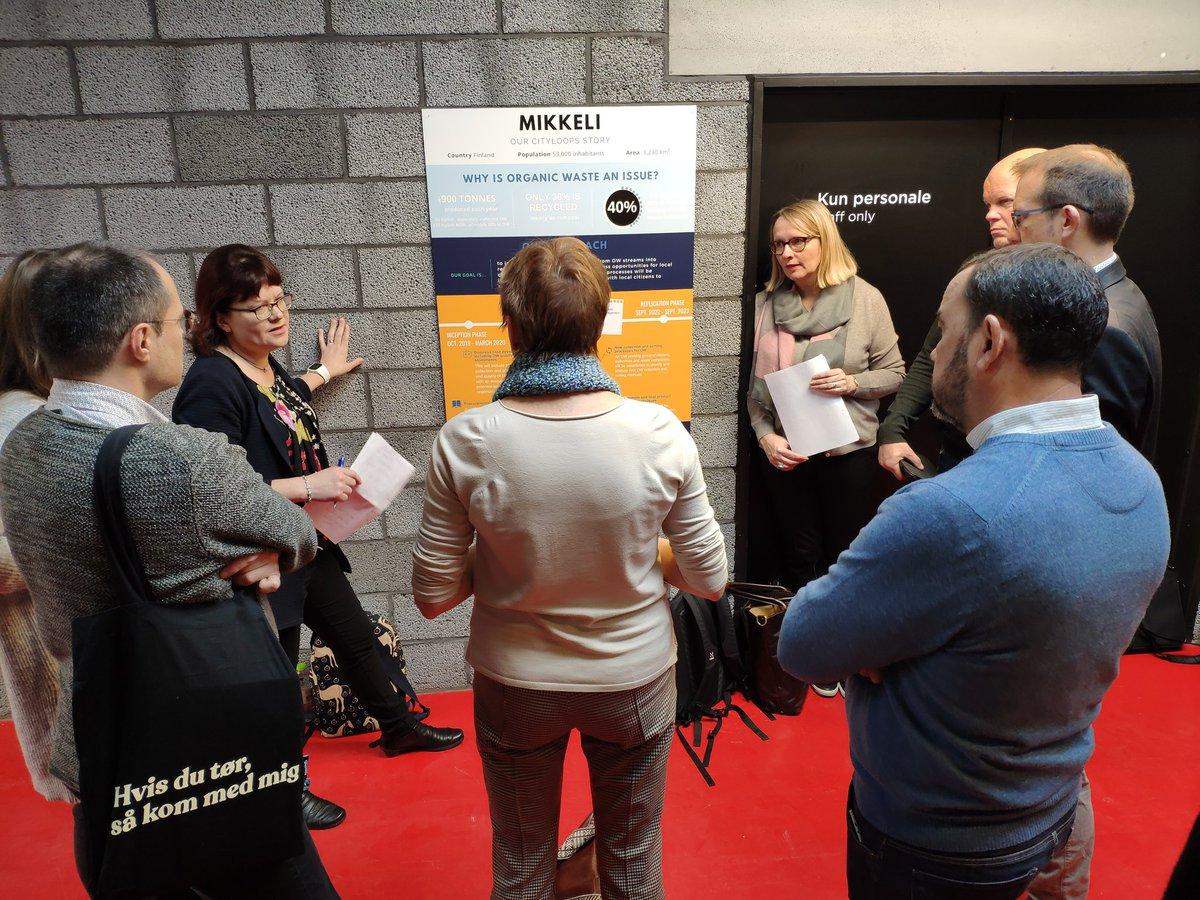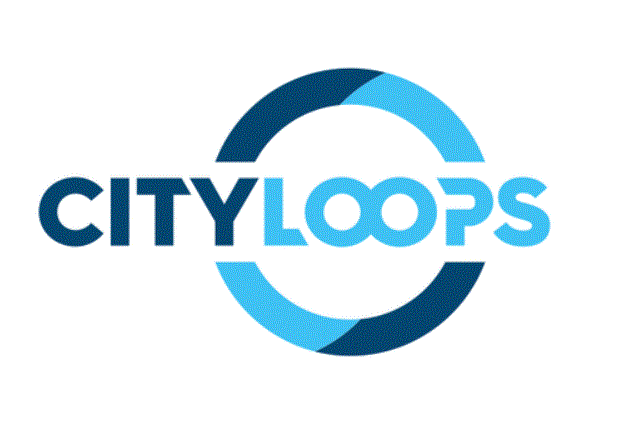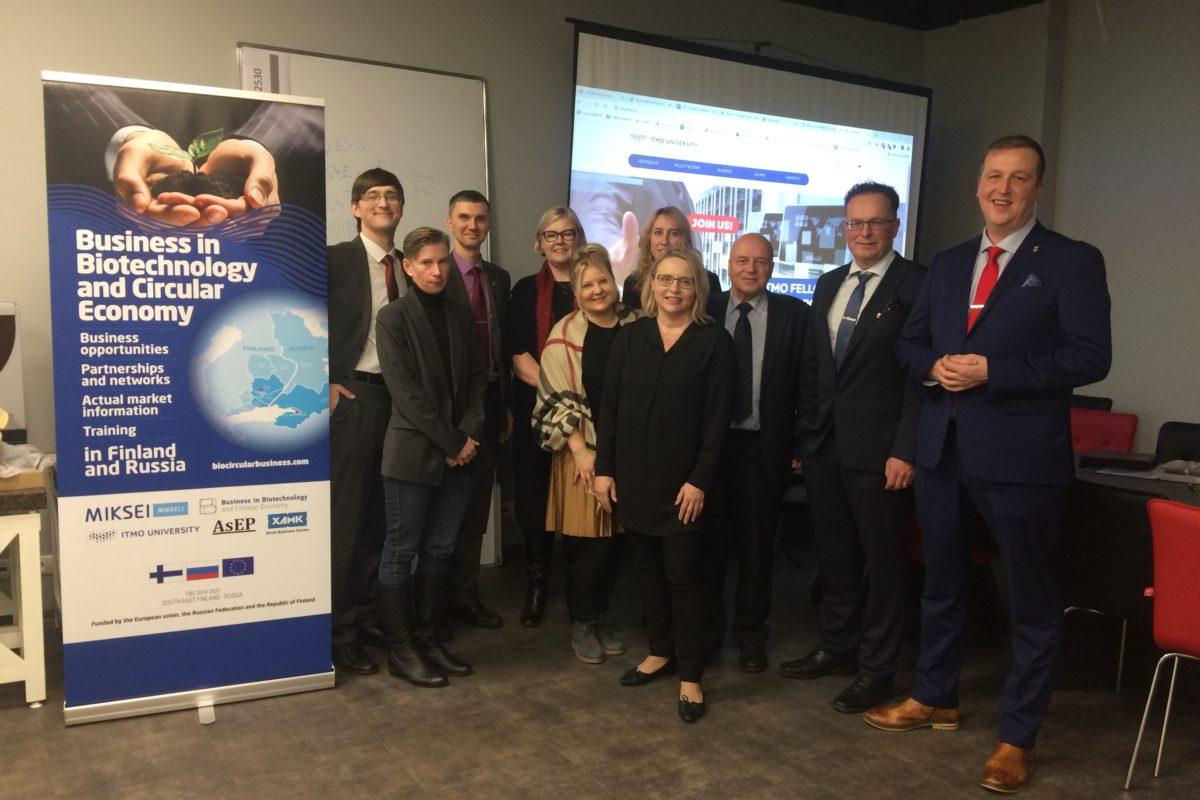Helios Nordic Energy Finland Oy is preparing to implement an industrial-scale solar energy project in Mikkeli. The project area is approximately 35 hectares in size and the area, Ropolansuo in Haukivuori, is owned by the City of Mikkeli.
On Tuesday 24 October 2023, the City of Mikkeli has made a decision to reserve the land area for Helios Nordic Energy Finland Oy for a solar power project. The area has been reserved for Helios Nordic for 1.5 years after which the area can be leased to the operator for 45 years. The reservation was granted following a competitive tendering process in the summer. Several companies participated in the tender.
“The City of Mikkeli welcomes the Helios project to Mikkeli and we believe that the project will proceed as an investment. The City of Mikkeli aims at contributing to the realisation of solar energy projects by developing its land use policies and processes,” said Topiantti Äikäs, the City’s Land Use Director.
Mikkeli has plenty of areas suitable for solar power generation. The national main grid which runs through the city allows solar power plants and other electricity-intensive activities to be smoothly connected to the power grid.
“With the investment projects of the companies, Mikkeli has good prerequisites for becoming a nationally significant producer of solar power. We are happy to play our part in supporting the development of these projects,” says Jussi Heinimö, Programme Director at Mikkeli Development Miksei Oy, a development company of the city of Mikkeli.
Helios Nordic Energy Finland Oy started its operations in Finland in June. The company is currently developing large-scale solar parks in the Nordic countries. The company handles the entire project development cycle from pre-planning and tendering to site selection, grant licencing and grid access.
“We are starting the background studies required for the regulatory permits for the Mikkeli solar power plant as well as the preliminary design of the power plant including the connection to the electricity grid. The investment and construction decisions for the power plant will be made as soon as the planning and studies are completed. The cooperation with the City of Mikkeli and Mikkeli Development Company Miksei has been excellent,” says Markus Ehrström, Project Development Director.
Solar parks can also be used to promote biodiversity. Crops can be planted for feeding endangered pollinators or grazing areas can be offered for grass eater animals. Building solar power plants offers another way to reuse peatlands.
Founded in 2019 and registered in Sweden, Helios Nordic Energy has several years of experience in energy industry. Helios Nordic Energy is one of the leading developers of solar energy in the Nordic countries. The company has currently more than 100 projects in the pipeline.
Further information:
Markus Ehrström, Project Development Director
Helios Nordic Energy Finland Oy
Tel. +358 400 428 823
markus.ehrstrom@heliosnordic.com
Topiantti Äikäs, Director of Land use and Planning
City of Mikkeli
Tel. +38 40 129 5152
topiantti.aikas@mikkeli.fi
Jussi Heinimö, Programme Director
Mikkeli Development Company Miksei Oy
Tel. +358 40 544 0936
jussi.heinimo@mikseimikkeli.fi
Helios Nordic Energy website: https://heliosnordic.com
Figure. The location of the Ropolansuo solar power project by Helios Nordic Energy Finland Ltd in Haukivuori, Mikkeli.

